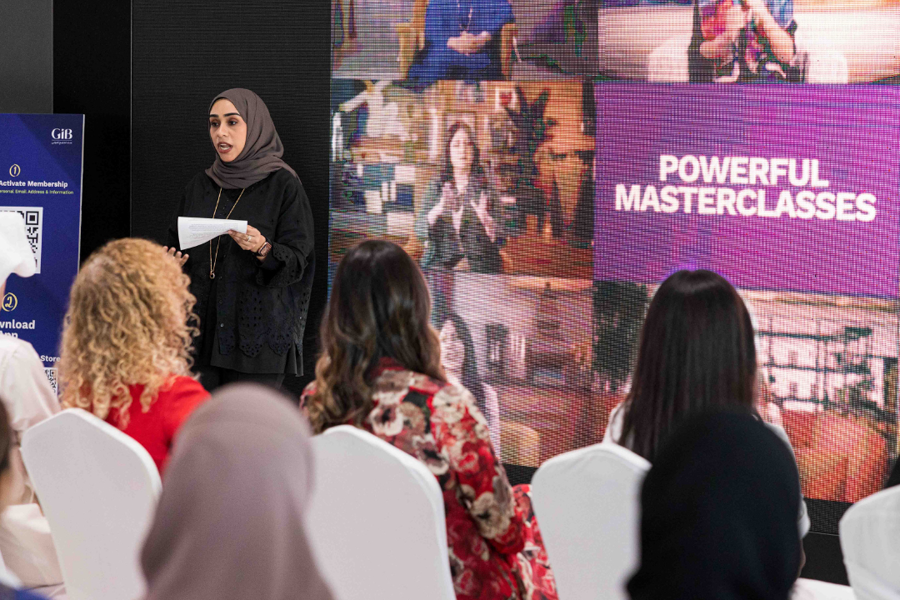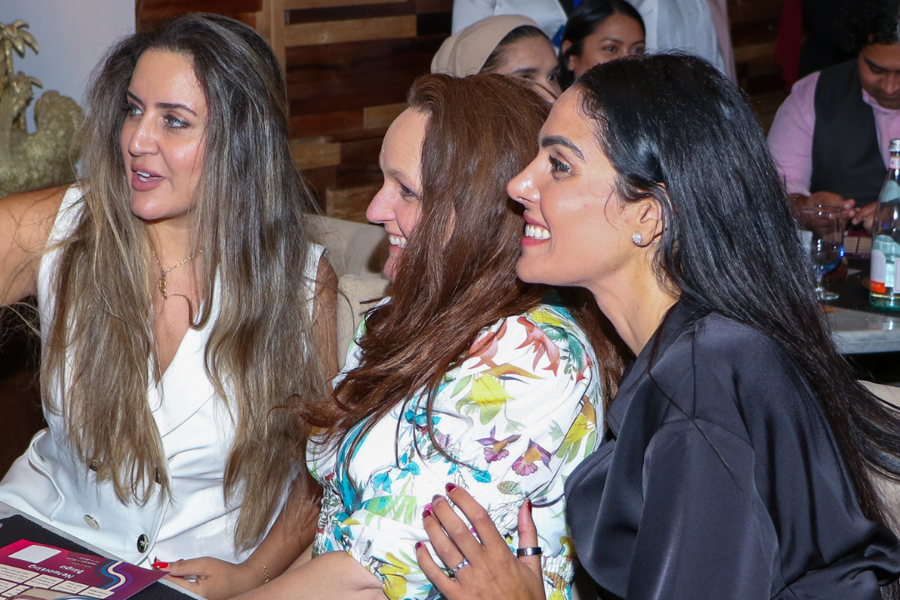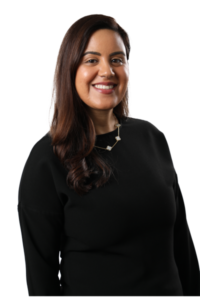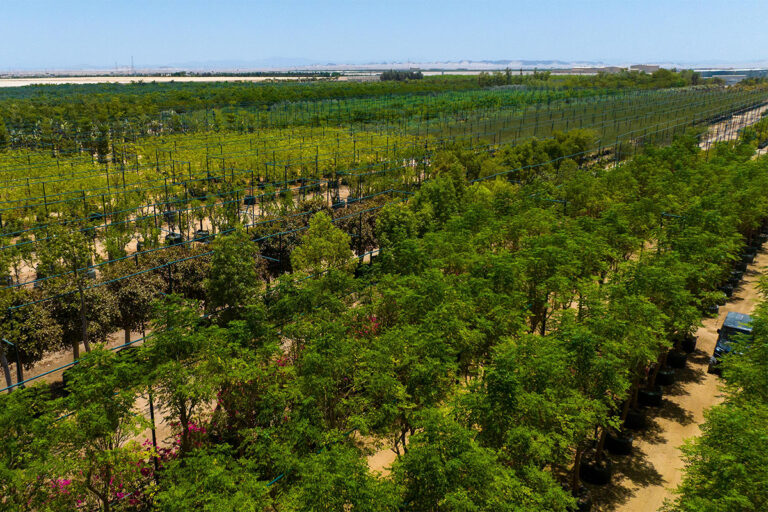
Wafa Al Obaidat, the Founder and CEO of Playbook, is bringing together aspirational and ambitious women and making waves in Saudi Arabia and across the Middle East.
As one of the thickest glass ceilings in the world starts to crack, nobody is wielding a hammer with more enthusiasm than Wafa Al Obaidat.
The Founder and CEO of Playbook, a trailblazing social network for ambitious women in the Middle East and North Africa (MENA), Al Obaidat has made it her mission to ensure female entrepreneurs and professionals have access to all the business opportunities they deserve.
“We want to speak to the 41 million working women across MENA,” she says. “The women of Playbook are ambitious, positive and excited by life. We all face the same challenges. As a sisterhood we can support each other, grow together and help fellow members achieve their full potential.”
Based in Saudi Arabian capital Riyadh, Playbook was born out of the success of the Women Power Summit organised by Al Obaidat’s communications agency before the pandemic. The annual two-day conference focused on leadership, entrepreneurship and innovation and helped connect thousands of women. With coffee bars, DJs and plentiful opportunities for socializing, the Women Power Summit was a smash hit with women across MENA. For Al Obaidat and her Playbook co-founders Shreya Rammohan and Ismahan AlSaad, going digital was the natural next step.

“We realized that there was a need to keep the community going, so we created Playbook,” the married mother-of-two says. “It is growing faster than I ever imagined. We already have more than 3,000 members who are supporting each other, making connections and sharing special experiences. We want to triple our membership every year.”
Popular content on Playbook includes masterclasses from inspirational women in MENA talking about how they made it into the C-suite or became government ministers. As well as using the platform to apply for jobs and market their solutions, Playbook members can book time with more than 100 mentors on topics ranging from fundraising and angel investing to mental health, menstruation and motherhood.
“Women in the Middle East and North Africa are starting and scaling new companies like never before”
Wafa Al Obaidat, Founder and CEO, Playbook
With a team of 15 employees, Playbook will soon organise in-person events in Saudi Arabia and elsewhere, giving members the opportunity to meet up and build even stronger connections in real life.
“A lot of other online communities are not great at helping women connect with each other,” Al Obaidat says. “Playbook is an inclusive place where women from everywhere can learn how to be leaders, find joy in their work and reach their highest potential.”

How are opportunities for Arab women increasing?
There is a lot of commitment from the top down to creating a more equal society. There is a new energy now, especially in Riyadh. Everywhere you go in Riyadh there are new festivals for design, art and film. The tech ecosystem is on fire and young people are creating and building businesses. It is an exciting time.
What barriers do women still face in the MENA workplace?
According to the 2023 Global Gender Gap report from the World Economic Forum, the gender parity score in the region is the lowest in the world, at 42.6%. That is an increase of 4.2 percentage points since 2006. Countries in the region are making progress but there is still a lot of work to be done. Female participation in the workforce stands at 30%. The biggest challenge for female entrepreneurs is finding financial resources and balancing that with a full-time job and often a family. We launched the Women Power Summit and Playbook to accelerate change.
Where are Playbook members from?
About 60% of our members are corporates from industries like oil and gas, telecom and financial institutions. The rest are individuals. About 15% are C-level, but anyone can sign up and connect. We have large and growing communities in Saudi Arabia and the UAE.
How do you think successful women can change the Arab world?
As women we have incredible tools that nature gives us, like empathy and nurture. Those things have often been squashed by the men that surround us. Women are motivated by taking care of their families, themselves and their communities.
People in both the public and private sectors have seen that when you have more women in leadership positions and more women in work, the economy flourishes![]()









